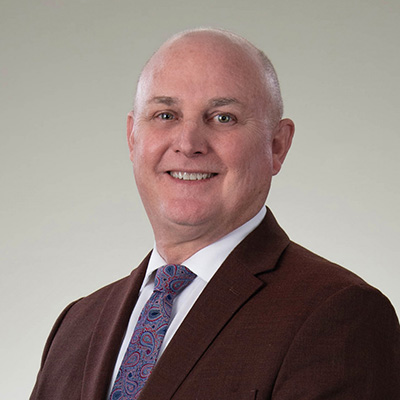 Back in February, Google began experimenting with a new feature that defaulted all URLs to use "https:" rather than the less secure "http:."
Back in February, Google began experimenting with a new feature that defaulted all URLs to use "https:" rather than the less secure "http:."
While defaulting to the secure socket layer isn't ironclad protection for 'netizins, it's certainly a step in the right direction, which is why Google recently promoted the change out of the canary builds and into the mainstream.
Right now, if you download and install Chrome 90, you'll find that this protection is automatic. You don't have to do anything beyond installing Chrome 90.
In addition to offering the protection outlined above, Chrome 90 also includes nearly 40 security fixes, including resolving 3 low-severity flaws, 10 medium-severity flaws and six high-severity issues.
Finally, Chrome 90 includes the AV1 encoder, which provides enhanced support for a number of video-conferencing applications including Webex, Meet, and Duo. Among other things, AV1 offers improved screen sharing capabilities and allows users on low bandwidth networks to utilize video.
All that to say, Chrome 90 is an update you don't want to miss. If it's been a while since you paid attention to Chrome updates and you're a bit behind the times, this is one upgrade you'll definitely want to make a priority. While nothing in the build is particularly flashy, it does provide solid protection. That, combined with the fact that it addresses a wide range of security issues as described above, and includes a raft of other enhancements makes it well worth getting.
Kudos to Google for continuing to put user security front and center and making it an integral part of their product improvement road map. While it's true that there are other companies out there that are even more active when it comes to bolstering user security, the number is small enough that you could probably count them on one hand with fingers left over.
About the Author

Marty Parker
Owner & General Manager
Marty is the Owner and General Manager of Heritage Digital. Marty has managed and built high-performing IT teams for over 30 years. He served 13 years in the manufacturing industry and 13 years in corporate-owned healthcare organizations. Before acquiring Heritage Digital, Marty was the Chief Information Officer of Carolinas Hospital System (now MUSC Health Florence Medical Center) in Florence, SC. Marty is passionate about educating and protecting people against cybercriminals.



